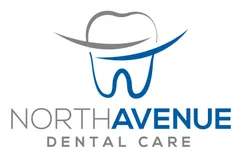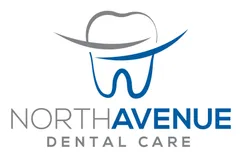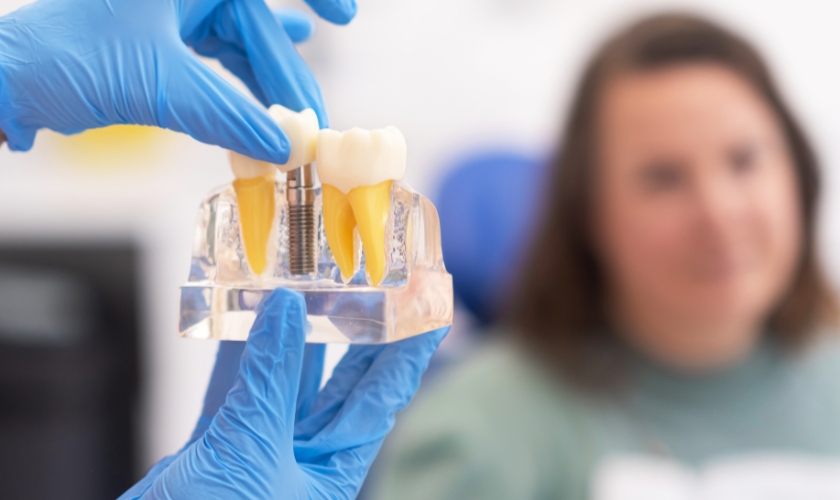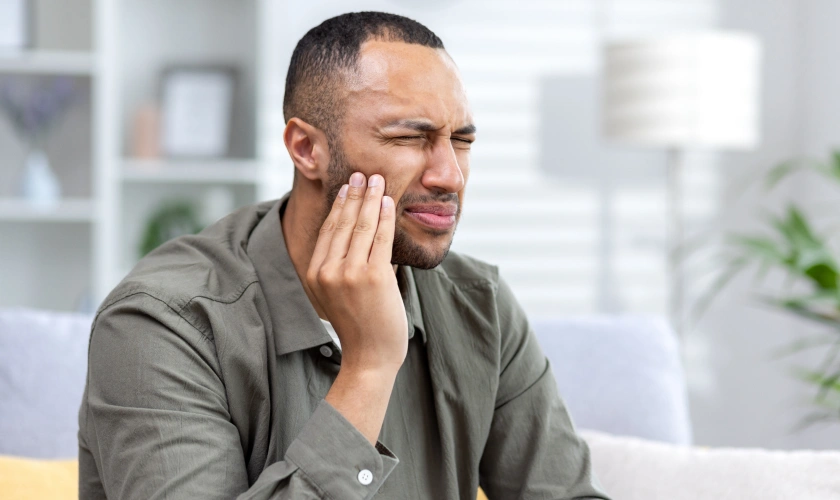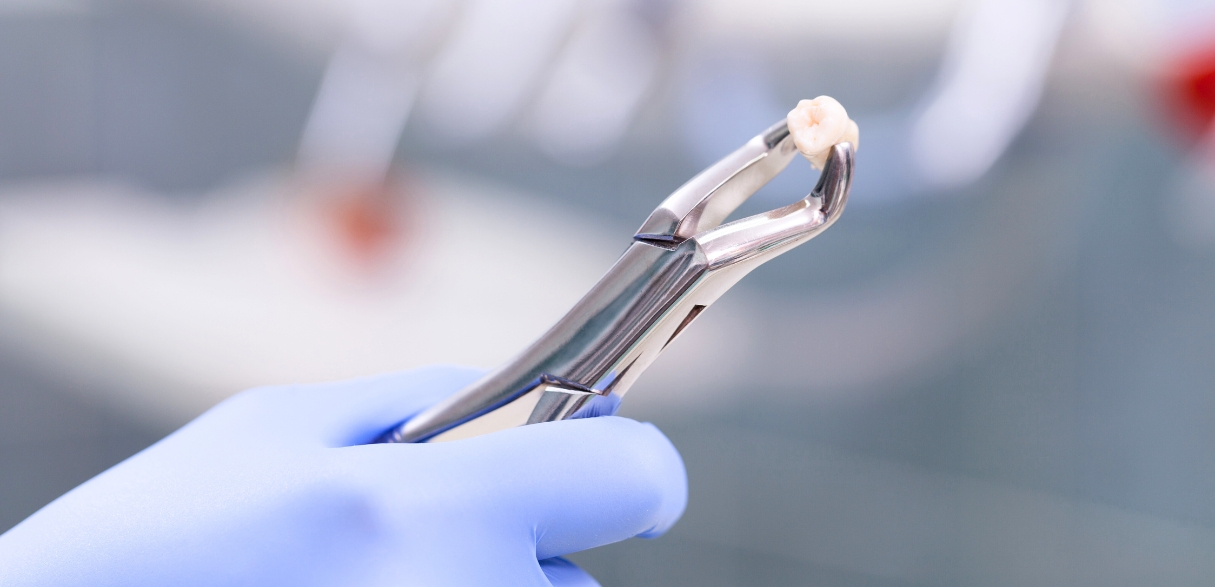Click To Text
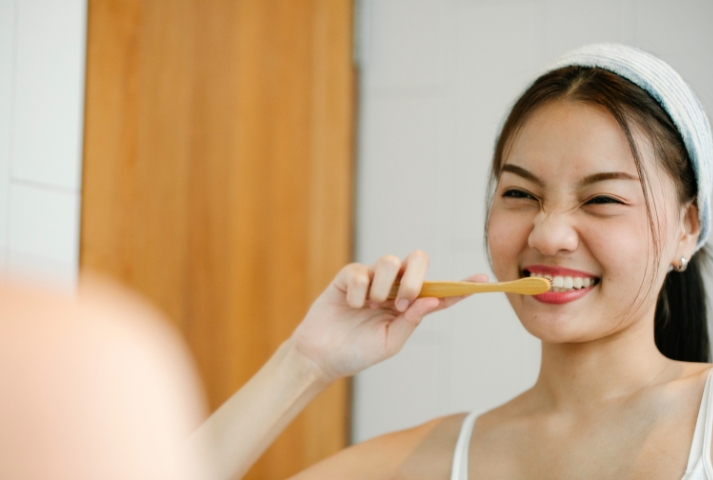
You might think that brushing after breakfast is the best way to maintain a fresh breath. However, is that actually true? The debate between these two practices can leave you feeling confused. Both options have their own advantages and disadvantages. The timing of your brushing plays a significant role in your dental health.
I got through this blog to figure out the right time to brush my teeth and keep my mouth free from bacteria.
What Is The Science Behind Brushing Your Teeth?
Before choosing if you should brush your teeth before or after breakfast, it’s essential to understand what happens in your mouth overnight. When you sleep, bacteria accumulate on your teeth and gums. This bacteria feeds on the leftover food particles and releases acids to damage your enamel.
When you eat breakfast without brushing your teeth, especially acidic foods can weaken your teeth temporarily. So, when you start brushing immediately after it, this can cause the acid to spread even more.
Pros and Cons: Brushing Before Vs After Breakfast
Clean your teeth in the morning to remove overnight bacteria buildup, which can remove plaque and bad breath. This will also build a fluoride barrier on your teeth before they are exposed to acidic foods. This will strengthen your teeth, protecting them from damage.
When you clean your teeth after having breakfast, your mouth will feel fresher. This will also help you prevent bad breath caused by lingering food particles. However, brushing right after having acidic foods can cause long-term damage.
What Do Dentists Recommend?
Looking for opinions from actual dental professionals? Well, a dentist in Elmwood Park will recommend you brush before breakfast rather than after. This is because cleaning your mouth beforehand removes harmful bacteria that have accumulated on your teeth overnight.
If you prefer cleaning your teeth after having your food, wait at least 30-60 mins. This will give your saliva time to neutralize your mouth. Here are some ways to freshen your breath:
- Swish water in your mouth to wash away food debris and acids.
- A fluoride or antibacterial mouthwash can help kill bacteria and freshen up your breath.
- You can use chewing sugar-free gum to enhance saliva production and neutralize acids.
What’s The Best Oral Hygiene Routine?
Here is how to optimize your oral well-being:
- Use fluoride toothpaste and a soft-bristled toothbrush to remove overnight plaque buildup.’
- Along with brushing, you must floss daily to remove food particles stuck in places where a toothbrush can’t reach.
- Antibacterial mouthwashes can help end all the bacteria and make your breath smell fresh.
- Drink water throughout the day to rinse away debris and increase saliva production. It will also keep you hydrated in general.
Your oral hygiene routine is intricately connected with your dental and systematic health. Otherwise, you might experience even chronic health conditions.
Cleaning your mouth before or after breakfast is completely your personal choice. However, scientists and dentists suggest that you brush before eating. This will help you protect your teeth and enamel from damage. Combine brushing, flossing, mouthwash, and hydration for a healthier smile.
Are you ready to protect your smile with the right practices? Contact us for consultation.
